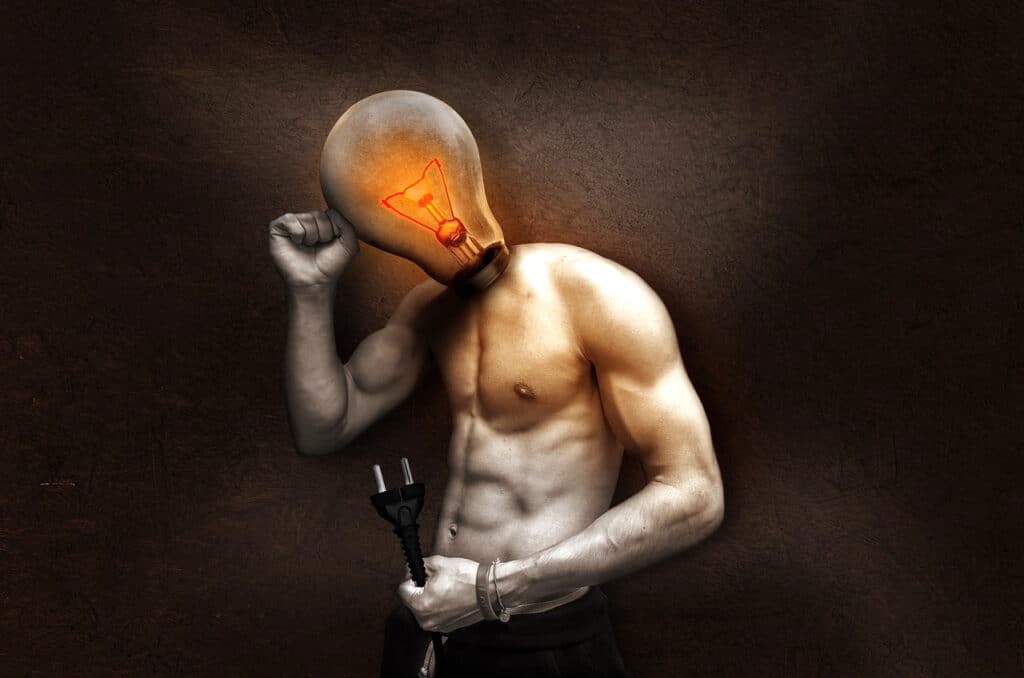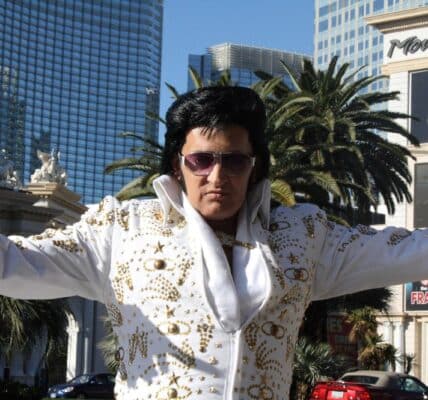How Many Therapists Does It Take to Change a Light Bulb?

The podcast universe is vast and varied, but no episodes are more interesting than the conversational ones where two people compare notes on their similar life experiences. This is a way in which art-appreciating members of the public can find out more about, and feel closer to, their favorite culture heroes.
In the realm of substance use and abuse, fans really relate to respected performers. The show-biz types most likely to talk about these matters are the stand-up comedians, who will basically reveal anything, about anything, to anyone, at any time.
Artist (and, in his own way, subtle comedian) Andy Warhol once said,
When people are ready to, they change. They never do it before then, and sometimes they die before they get around to it. You can’t make them change if they don’t want to, just like when they do want to, you can’t stop them.
Of course, creative types have always been noted for their substance use and overuse. As one of a thousand possible illustrations, Joan Acocella wrote about British novelist Evelyn Waugh, who drank a lot of gin back in the days when rehab programs hardly existed, and were certainly not referred to in polite company:
Together with the gin, Evelyn dosed himself heavily with chloral bromide, a sleeping medication, and the combination eventually resulted in a spell of paranoid hallucinations.
Waugh’s son Auberon, noted in a memoir that his father was “the funniest man of his generation.” Then as now, on social occasions the graduates of the famous universities would typically be queried about their athletic contributions — had they boxed, rowed, played cricket, or been equestrians? When asked by a fellow alumnus what he had done for Hertford College, Waugh famously replied that he drank for it.
Addiction and humor still go together, and while some performers proudly discuss their 12-step programs, others manage to handle addiction avoidance on their own. Comedian/actor Bill Burr has talked about how, as a young man, he steered around some habits because he just didn’t like the germ-spreading potential involved in passing around a joint, or doubling up on a straw to inhale cocaine; and the concept of sharing a needle was absolutely out of the question. But what he did get hooked on was alcohol, because “this is my glass; that is yours.”
Since then, Burr has talked extensively to his fans about how when he quit alcohol, he became addicted to cigars, eating, and probably other things. But over the years, he has relentlessly insisted on self-improvement, and after becoming a family man, sublimated his obsessive addictive tendencies into playing drums, flying a helicopter, and cooking, among other acceptable activities.
Here is the irony for people who do drugs to try and reduce their stress levels: Active addiction is, in and of itself, quite stressful. There are constant concerns about breaks in the supply chain, and who might find out, and how to explain why you’re always broke, and so on. Recovery is also stressful, and life itself holds particular forms of stress that are especially arduous for people in recovery to withstand. Quitting is one of them. This sounds like a logical paradox because it is.
Of course, for people with varying backgrounds and different life roles, the exact types of stress will differ too. A doctor, for instance, who is used to being respected and deferred to, is troubled by the stress of knowing that people would really look down on her if they knew she was an addict. One of the great advantages of 12-step programs and similar groups is the opportunity to meet up with someone in the same profession, who has experience in dealing with the same specific kinds of problems; whose mentoring can go beyond the general principles.
This is an area where public opinion differs widely. Once known as an addict, or even as someone in recovery for aeons, a doctor might not be able to stay employed. But in show business, professionals have always been able to get away with outrageous amounts of substance abuse, as long as they could make it to the set on time and remember the words.
So, circling back to the title of this page, it relates of course to the classic joke, “How many therapists does it take to change a light bulb?”
“Only one, but the light bulb has to WANT to change.”
Written by Pat Hartman. First published August 15, 2025.
Sources:
“Andy Warhol: In His Own Words,” GoodReads.com, undated.
“Waugh Stories,” Archive.is, June 25, 2007.
“Thursday Afternoon Monday MorningPodcast 3-7-24,” Omny.fm, March 7, 2024.
Image Copyright: Pixabay.




